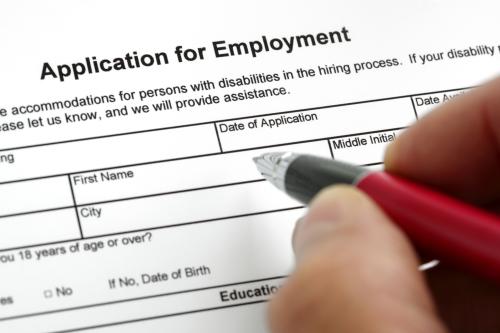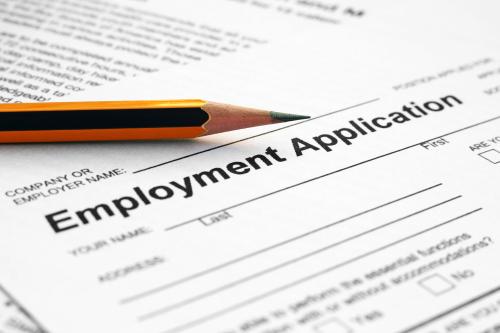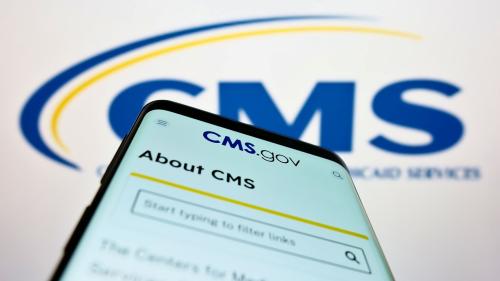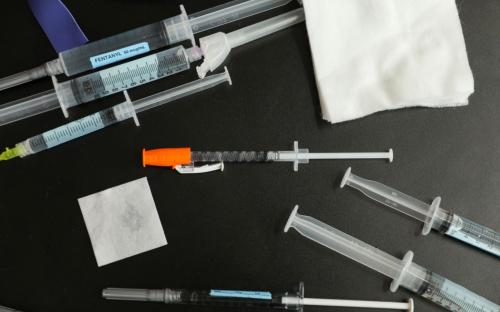Passed in 2008, the Paul Wellstone and Pete Domenici Mental Health Parity and Addiction Equity Act (MHPAEA) is a federal law that generally prevents group health plans and health insurance issuers that provide mental health or substance use disorder benefits from imposing more restricted benefit limitations on those benefits than on medical/surgical benefits. Yet, disparities persist, as people face greater barriers when accessing benefits for mental health and substance use disorders under their plan or coverage than they do when accessing medical/surgical benefits. Those provisions were extended by the Affordable Care Act to most other insurance. The Consolidated Appropriations Act added specificity and enforcement power to the statute. The latest regulatory proposal sought to further strengthen MHPAEA.
The Internal Revenue Service, the Department of Labor, and the Department of Health and Human Services recently proposed amendments to regulations implementing MHPAEA. The amendments are intended to further advance parity for mental health and substance use disorder care. Richard G. Frank and Chloe Zilkha offered comments and suggestions on some of the provisions in the proposed rule, including:
- The emphasis placed on outcomes in determining adherence to MHPAEA;
- The proposals for improving assessment of compliance and enforcement of Non-Quantitative Treatment Limitation (NQTL) provisions and the burden on payers of the processes outlined for improving oversight and enforcement of NQTL provisions;
- The provisions granting exceptions to the NQTL assessments; and
- The standard and measures used to evaluate network adequacy.
-
Acknowledgements and disclosures
The authors would like to thank Sherry Glied for comments on an earlier draft.
The Brookings Institution is financed through the support of a diverse array of foundations, corporations, governments, individuals, as well as an endowment. A list of donors can be found in our annual reports published online here. The findings, interpretations, and conclusions in this report are solely those of its author(s) and are not influenced by any donation.








Commentary
Comments on amendments to the Mental Health Parity and Addiction Equity Act
October 13, 2023